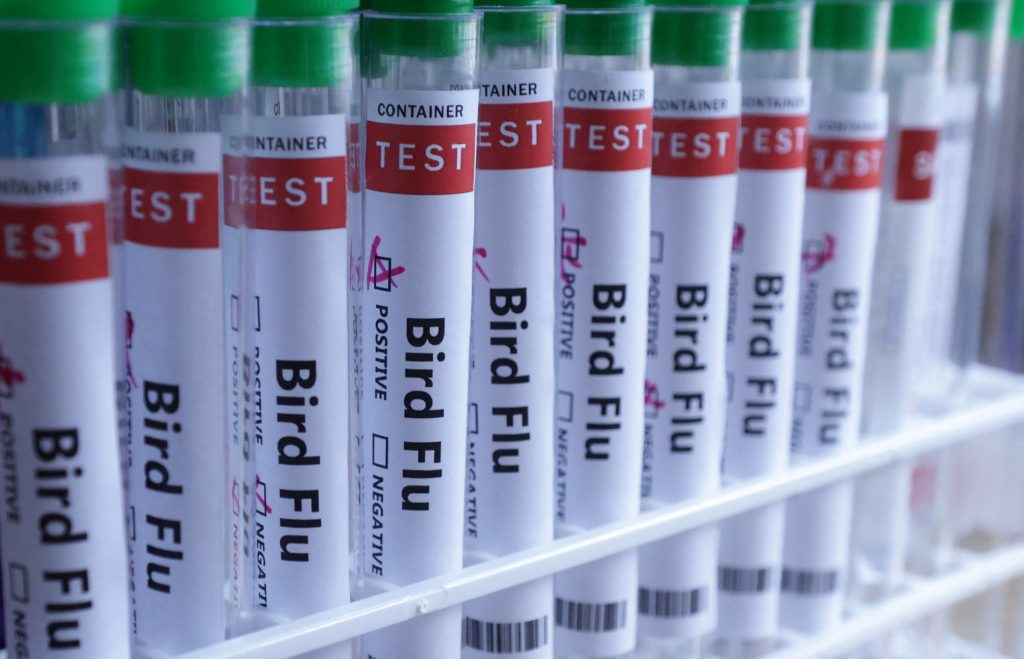The United States has recorded its first severe human case of avian influenza, with a patient in Louisiana hospitalized after contracting the virus, the Centers for Disease Control and Prevention (CDC) announced on Wednesday.
This case marks a significant development in the ongoing 2024 avian flu outbreak, which has now seen 61 infections nationwide.
According to the CDC, the individual contracted the H5N1 virus after being exposed to sick and dead birds in backyard flocks. No further details about the patient’s condition or prognosis have been disclosed.

The CDC confirmed the infection last Friday and identified the virus as belonging to the D1.1 genotype. This strain has recently been found in wild birds and poultry across the US and has been linked to human cases in Washington state and British Columbia, Canada.
The D1.1 genotype differs from the B3.13 strain, which has primarily been associated with mild human cases, including conjunctivitis, and outbreaks in dairy cows and poultry.
While some US cases have had no direct animal source of infection, the CDC maintains there is insufficient evidence to suggest human-to-human transmission at this time.
Despite the severity of this case, health officials reiterated that the risk to the general public remains low.
The outbreak of Highly Pathogenic Avian Influenza (HPAI), or H5N1 bird flu, was first identified in March among dairy cows. However, the growing number of infections in humans and other mammals has heightened concerns about the virus’s ability to adapt and spread across species.


